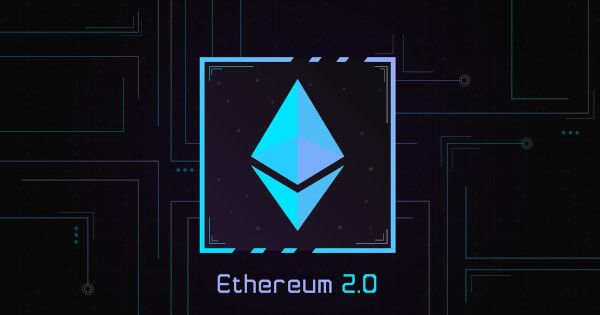Arbitrum Activates Account Abstraction Endpoint Support on One and Nova
Rebeca Moen Aug 02, 2023 10:00
Arbitrum has officially activated support for the account abstraction endpoint on its One and Nova mainnets, following the successful passage of AIP-2.

Arbitrum has officially activated support for the account abstraction endpoint on its One and Nova mainnets, following the successful passage of AIP-2.
Details of the Proposal
The proposal, known as AIP-2, aimed to activate support for a new RPC endpoint, eth_sendRawTransactionConditional, on Arbitrum's One and Nova mainnets. This endpoint was developed to address a specific issue related to the validation and execution of bundled transactions for submission to an alternative mempool.
Ethereum Improvement Proposal (EIP) 4337 has spurred significant momentum for account abstraction across the EVM ecosystem. But this proposal introduced a potential issue for bundlers working on Layer 2 (L2) transactions, where a delay between simulated transaction validation and final inclusion by sequencers could lead to reverting bundle submissions. This reversion results in lost value for the bundler, discouraging the operation of these services.
To address this issue, Ethereum researchers developed the eth_sendRawTransactionConditional endpoint. This endpoint allows users to specify valid ranges for block height and timestamps, enabling sequencers to reject transactions that don't meet conditions for inclusion during the earlier validation stage.
Offchain Labs has already developed, tested, and implemented this endpoint in the v.2.0.14 update to Nitro, and it is now live on the Arbitrum testnet. The proposal requests that the Arbitrum DAO activate this endpoint for Arbitrum mainnets.
The full proposal can be found here.
Background and Rationale
The activation of this endpoint is part of a broader development of account abstraction standards within the Ethereum ecosystem. It was motivated by the need to address the risk of reverting bundle submissions due to a lag between the initial submission of a transaction and its ultimate inclusion.
The eth_sendRawTransactionConditional endpoint allows users to specify valid ranges for block height and timestamps, enabling sequencers to reject transactions that don't meet conditions for inclusion during the validation stage.
Implementation and Impact
The passage of AIP-2 means that the steps to implement the proposal will now be carried out. This includes changing the load balancer config value as described in the specifications of the proposal.
The activation of this endpoint is expected to enhance the efficiency and security of L2 transactions on Arbitrum, aligning with the broader Ethereum ecosystem and allowing access to the potential improvements in user experience.
Image source: Shutterstock.jpg)
